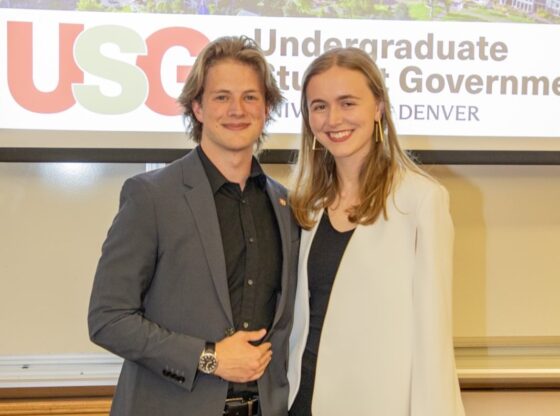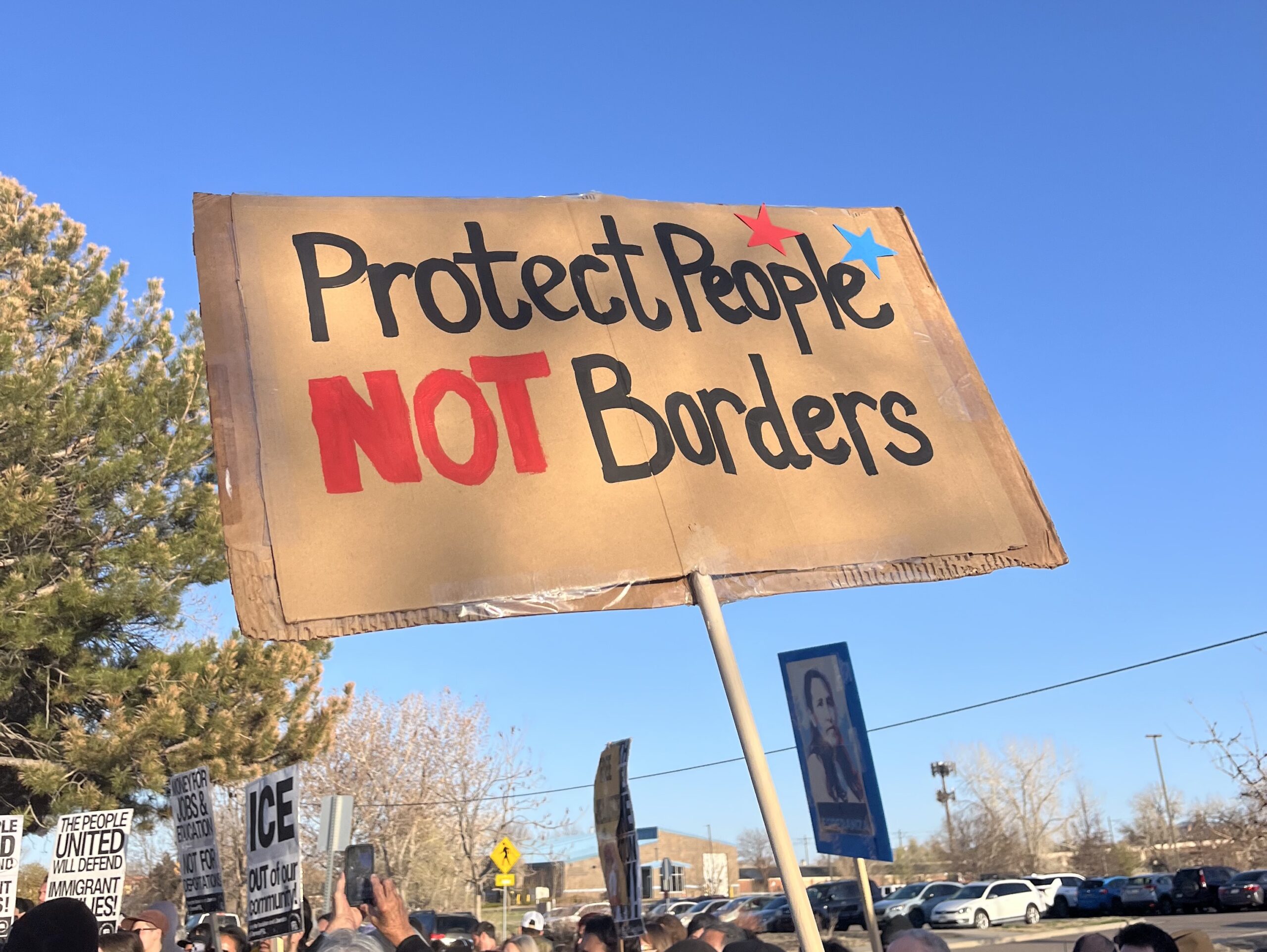Last Tuesday, Korbel School of International Studies hosted a panel consisting of four experts to talk about the second Donald Trump presidency and what it means for key policy areas.
The panel consisted of Rebecca Galemba, founder and co-director of the Center for Immigration and Policy Research at DU; Ilene J. Grabel, co-director of the Graduate Program in Global Economic Affairs at DU; Fritz Mayer, dean of the Korbel School and professor of climate policy and Govind Persad, a law professor and an expert in bioethical issues in distributive justice.
The panel aimed to analyze the intentions behind the administration’s recent flurry of executive actions. The panelists began by discussing how the Trump administration is overwhelming the media, policymakers and the public by making multiple drastic changes in a short period of time. The scholars called this strategy “flooding the zone,” and said that it makes it difficult for critics to scrutinize or oppose any single policy effectively.
Tariffs were a hot topic for the night. Grabel explained that Trump has always been a “tariff man,” and has been quick to suggest taxes on foreign goods as a solution. In the short term, Grabel explained, tariffs could potentially boost domestic production in industries like steel and aluminum. However, said Grabel, the long-term consequences often outweigh the short-term gains.
While tariffs may benefit specific industries, they harm downstream industries that rely on imported materials, leading to higher costs for manufacturers and consumers. Grabel pointed out that during Trump’s first term, tariffs on raw materials like steel and aluminum caused industries that use those materials, like construction and automobile manufacturing, to suffer.
Grabel also pointed out how in many cases, high tariffs are associated with rising inflation. Additionally, Grabel urged worry over how tariffs cause other states not to trust the U.S. Close allies and long-term trading American partners, like Canada and Mexico, often feel betrayed by sudden tariff impositions, which can strain diplomatic relations and disrupt trade agreements.
Mayer expanded on this point by drawing a parallel to climate agreements. Just as abrupt tariff changes can damage trust in U.S. trade policies, the sudden withdrawal from international climate agreements can undermine global cooperation. Oftentimes if the US is not part of a climate agreement, other states are less likely to join and comply. As one of the wealthiest countries in the world, countries look to the U.S. for leadership in addressing climate change. By withdrawing the U.S. from the Paris Agreement, an international treaty to limit the effects of climate change, President Trump signaled to the world that the U.S. will no longer be a leader in environmental sustainability.
Living in a sanctuary city, lots of people are questioning how much of Trump’s anti-immigration policies are going to pass through Congress. Galemba spoke on the difference between unconstitutional policies, such as a proposal to end birthright citizenship, and the more legally ambiguous policies, such as expanding detention centers and increasing deportations through administrative measures.
Galemba was firm in her belief that there is a clear agenda in this anti-immigration sentiment that is rooted in racialized tropes of “protecting Americans.”
The panel ended with Mayer emphasizing that “the world will go on without us.” He said that just because the U.S. is backing out of treaties and agreements does not mean that global cooperation will cease.
Mayer stressed that the US is going to be taking a step back from center stage. It will no longer be the global trade superpower it used to be, and other nations will fill the void left behind.











